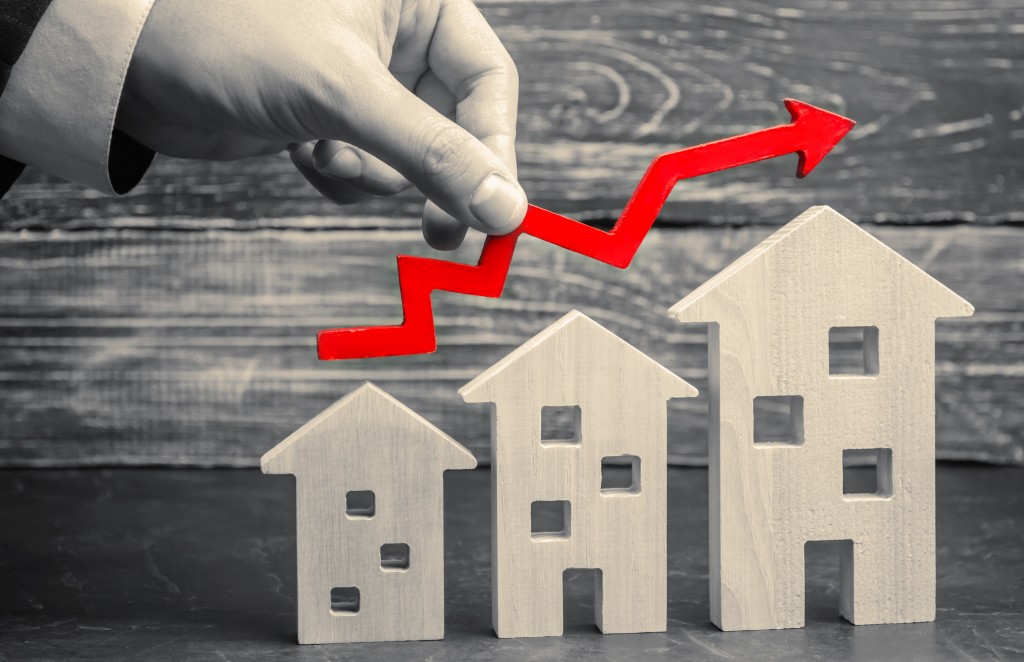Looking for your dream home that will resonate with your personality and your preference will require a good deal of patience. But most potential home buyers will also need to take into consideration how much the property is worth. When it comes to buying or selling a property, the most basic information that needs to be considered is the property’s worth. Although it might seem simple, there are still many considerations when weighing in on the property’s worth.
Most agents and homebuyers might have previously seen the properties that have already been sold in the area and will use them as a reference for future deals. But home valuation is easier said than done. It’s even more challenging when you’re trying to gauge the worth of a commercial property. If it were easy, then the industry wouldn’t need professionals that can comprehensively appraise properties.
Fortunately, there is a pattern to property valuation. What’s one of the major influencers? Most would say that it’s the market value. The market is always fluctuating and is based on various industries, financial power, and current trends that are affected by the news. Many business people will use this market as a means of predicting what the future holds.
Still, the question remains: how do you effectively know the market value of your property? Here’s what you’ll need to know.
The Market Value Of Your Property
But before we go into detail on how you can evaluate your property, we have to first define what market value is and what makes it so important.
Market value is usually known as the opinion made by professionals in the real state industry on how much a property would sell for. This will be the worth of your property when facing an independent potential buyer without variables like kickbacks or concessions. Normally, these factors will affect the local property market.
Some other factors can include:
- The supply and demand in the area
- How many other properties are selling in the area. Larger buildings could affect the prices of smaller ones
- The unique features and benefits that the property has compared to other properties.
But this is not the same as the market price of your property. In most contexts, this can be more or even less than the market value. This is because the property’s price is entirely up to what the seller agrees will be the final value of the property. That said, the price could be the same as the value in the market, or the seller might go with a lower price, especially if he really wants to sell his property as soon as possible.
Fortunately, you won’t have to deal with fluctuating prices since there are affordable properties that are families from all walks of life can afford. Some properties, such as houses and lots for sale in some cities and suburban areas, are known for having a stable price range and being transparent with their potential buyers.
Essential Methods in Valuation

Right off the bat, valuation is a time-consuming process, and there are many variables to consider. The market value will usually depend on the valuation method that’s being used. Normally, there are three essential methods of appraising property in the United States.
- Sales comparison approach
- The cost approach
- The income approach
A part of a professional appraiser’s work is discerning which of the methods need to be used. Still, it’s important to remember that a property’s value is quite subjective. Although there are many numbers and formulas involved, most would say that there’s more “emotion” in the process rather than a systematic process.
Most experts would suggest not going for the first figure that’s given to you. Instead, you can always ask around three different professionals, then decide based on their answers. This is true in the context of commercial properties with differing valuations that could have a difference of thousands of dollars.
When it comes to property valuation, there are a lot of things that need to be considered. Although this post might cover the basics, it’s still important to consult with a vetted professional in the industry that’s well-versed in valuation. Professional real estate agents have to study years of information to make a comprehensive appraisal of a property, but you could use a basic understanding of their approaches to make sure you are paying the right price. Still, it’s important to step back and observe the local real estate market’s ebb and flow. After all, information is your best friend when it comes to having a good deal.





